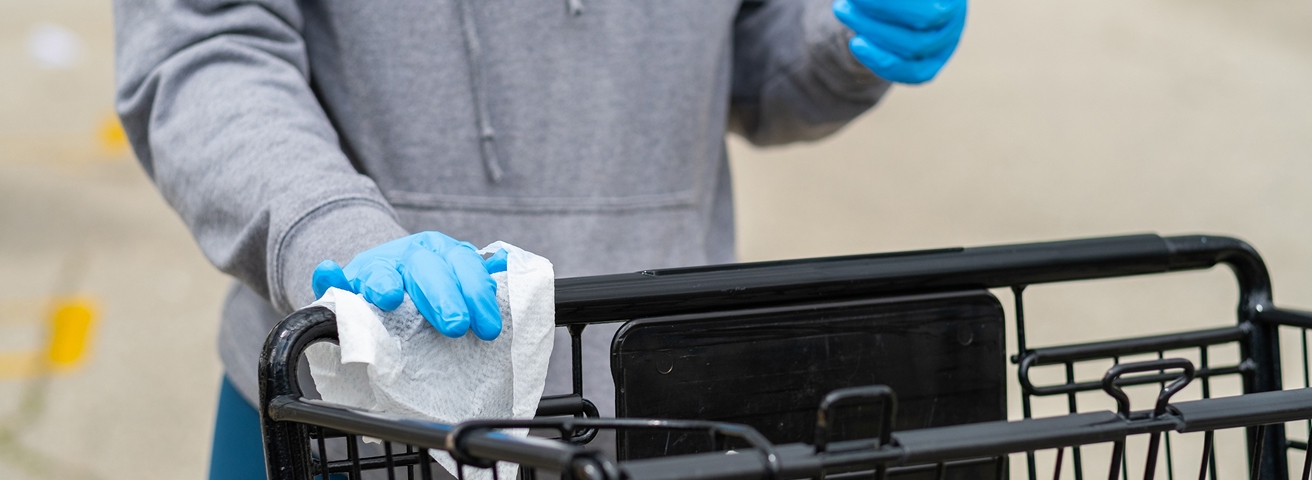Germophobia—defined as “the extreme fear of germs and obsession with cleanliness”—often overlooks a critical fact: the human body is home to trillions of microbes , including bacteria, viruses, fungi, and protozoa. While some germs can cause disease, the vast majority are harmless or even vital to our health. In fact, microbial cells outnumber human cells in our bodies, colonizing our skin, mouth, gut, and lungs.
The Balance of Good vs. Bad Bacteria
Though both beneficial and harmful bacteria coexist in our bodies, the good typically outnumber the bad.
bacteria typically dominate, maintaining a healthy balance.
One such example is Staphylococcus epidermidis, a gram-positive and spherical shaped bacteria that dominates the human skin microbiota. Unlike its more pathogenic cousin Staphylococcus aureus, which resides in the nose and can occasionally cause infections, S. epidermidis plays a protective role. It supports skin barrier function, promotes wound healing, modulates the immune system, and even fends off pathogenic invaders.
Image credit: Shutterstock
Staphylococcus epidermidis, a spherical gram-positive bacterium, forms grape-like clusters.
Beyond the skin, the gut microbiome is a microbial powerhouse that is required to synthesize essential nutrients that our bodies cannot produce alone. Some of these bacteria include:
- Lactobacillus and Bifidobacterium are common probiotics found in fermented foods like yogurt that aid digestion and produce vitamin B12
- Bacteroides break down complex carbohydrates (dietary fibers) that humans cannot digest, produce short-chain fatty acids (SCFAs), and synthesize vitamin K (important for blood clotting and bone health)
- Escherichia coli (E. coli) also contributes to vitamin K production and supports gut homeostasis, albeit some strains are harmful
These bacteria also train the immune system, producing SCFAs and other metabolites that strengthen gut barriers, regulate inflammation, and reduce the risk of allergies and autoimmune diseases, as suggested by the hygiene hypothesis. Additionally, bacteria like Akkermansia muciniphila support metabolic health, while Lactobacillus in the gut and vagina creates acidic environments to deter pathogens.
The Risks of Over-Cleansing
Obsessive handwashing, overuse of antibacterial sanitizers, or excessive antibiotic consumption can disrupt this delicate microbial balance. These practices don’t just eliminate harmful microbes; they also strip away beneficial ones, potentially impairing immune development and increasing risks of allergies, autoimmune diseases, or even promote antibiotic resistance where subsequent infections would be harder to treat. While hygiene is essential, excessive sterilization may do more harm than good.
While germophobia can lead to excessive hygiene practices, it’s essential to appreciate the crucial roles that microbes play in human health. Most microbes are allies where they synthesize nutrients, defend against disease, and keep our bodies in balance. Rather than eliminating all microbes, we need a targeted approach to hygiene respects our symbiotic relationship with bacteria, ensuring we benefit from their contributions while minimizing risks from pathogens.

